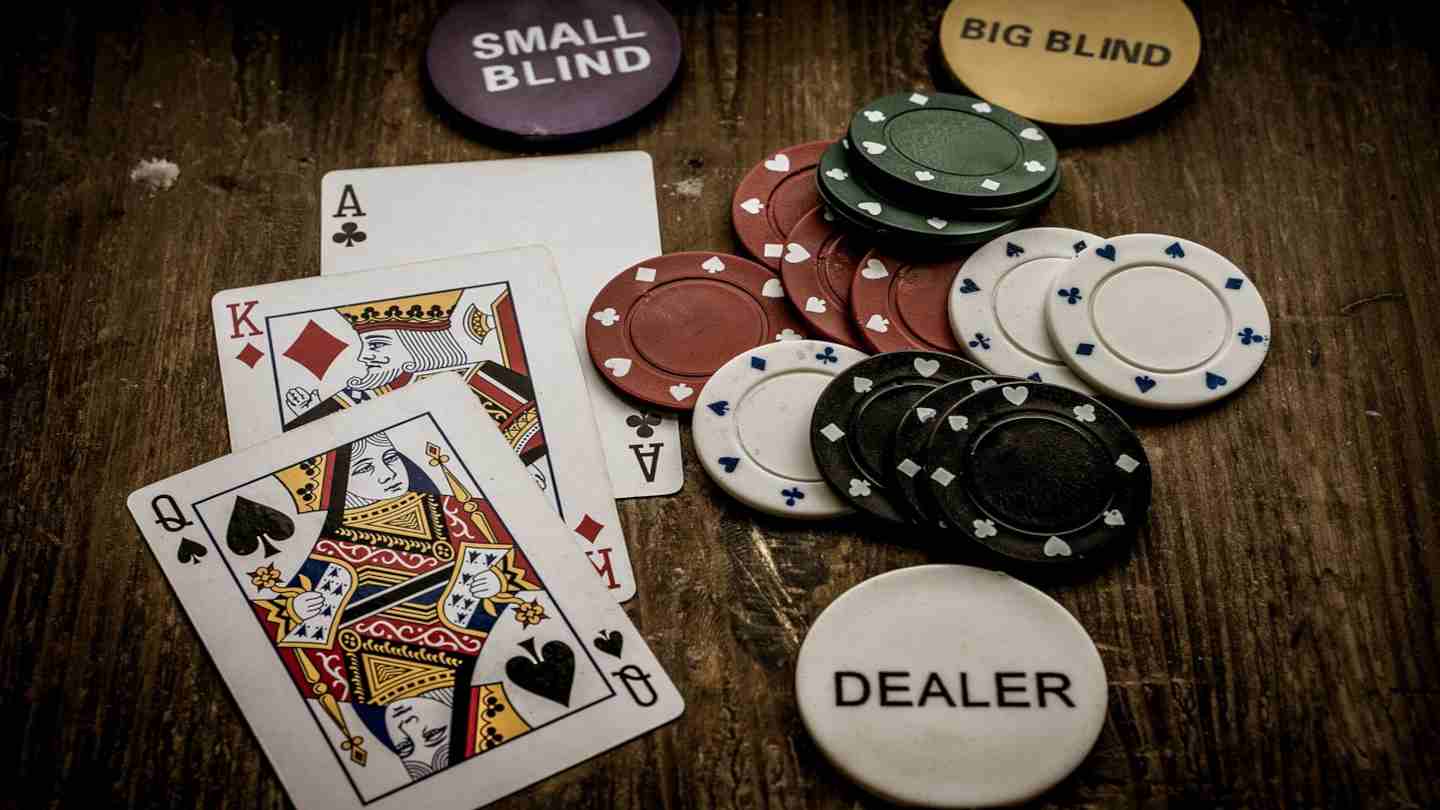A Beginner’s Guide to Poker Games

4 minutes
Last Updated: August 29, 2023
One of the most well-known card games in the world is poker, which has a wide range of variants. Players attempt to assemble the greatest five-card hand using a combination of their own cards and community cards.
While the core gameplay is the same across all varieties, the precise rules and mechanics can differ greatly. Let’s take a look at some of the most popular varieties of poker played in American casinos and online poker USA card rooms.
Texas Hold'em
The most common poker variation played today is without a doubt Texas Hold'em. It's the most popular variant when it comes to online poker USA and it's even used to teach the game for workplace benefits too. Five communal cards are presented face-up to the table in three stages: the flop (three cards), the turn, and the river.
Each player is first assigned two private cards. Using their private cards and communal cards, players attempt to create the greatest five-card hand.
After every trade, structured betting takes place. Both cash games and tournament formats are available for Texas Hold'em. It is well renowned for rewarding both perseverance and aggressiveness in players.
Omaha
Omaha uses communal cards in a similar way to Texas Hold'em, except instead of two private cards, each player receives four. The player must combine exactly two of their own cards and three of the five communal cards to form a hand.
This makes choosing the finest possible combinations to pursue fascinating decisions. As one of the most popular poker variations, Omaha is a staple game on nearly every online poker site. It can be played in a cash game or a tournament, much like Hold'em.
There are also well-liked variants of the game, such as Pot Limit Omaha, which uses a pot-limit betting structure rather than organized betting rounds.
Seven Card Stud
Seven Card Stud is a traditional poker variation that hands each player two down cards and one face-up card. After that, five more up-facing cards are dealt with, with betting rounds occurring between each one.
Making the greatest five-card hand out of your seven cards is the objective. Seven Card Stud mainly focuses on reading other players and making educated guesses as to what their concealed cards could be because each player can see some of the opponent's cards.
Razz
Razz, a Seven Card Stud variation, follows the same fundamental guidelines as Seven Card Stud, with one significant exception: the lowest hand wins the pot.
The greatest poker hand, known as a “wheel,” has the traditional poker hand rankings inverted. Razz is a popular tournament game that gives Stud games more diversity.
Draw Poker

Draw Poker, the original variation of the game still provides a traditional gameplay experience. Five whole concealed cards are handed to each participant.
Players can then decide to swap out any number of their cards in an effort to strengthen their hand. The player who has the strongest hand at the showdown wins after both single and multiple betting rounds.
Even though it isn't as common these days, mastering Draw Poker is an excellent method to grasp the fundamental ideas that many poker games are based on.
Lowball Draw Games
Other ‘lowball' poker variants, like Razz, give the highest ranking to the lowest hand.
The most basic variation is the 2-7 Triple Draw, in which participants are dealt five cards, may discard any number of them, and then repeat the draw once or twice more in an effort to have the lowest possible hand. Other lowball games include Badugi and A-5 Triple Draw.
High-Low Split Games
Many poker variations are played as “high-low split” games, in which the player with the highest hand wins half the pot and the player with the lowest hand wins the other half.
Both Stud 8/b and Omaha 8/b are well-known examples of this. The number of winning combinations increases when lowball hand rankings are included, resulting in sophisticated new tactics.
Mixed Games
Numerous poker rooms offer mixed game styles that switch between various poker variations. A typical setup involves switching games every few hands.
This keeps the action interesting and lets players try out various forms. Some popular mixed games include H.O.R.S.E. (rotating Hold'em, Omaha, Razz, Stud, and Stud Eight or Better) and 8-Game (rotating through popular high and low variants).
Home Games

In addition to casino poker, home games play a significant role in poker culture. When playing versions like Dealer's Choice, where the dealer chooses the game for each hand, groups of friends frequently get together.
When playing at home, there are no set rules; anything goes. Furthermore, games become looser and more carefree in a social setting.
These are some of the common poker game variations you'll see in the United States. Despite the variations in regulations, all formats have the same strategic ideas regarding hand valuations, betting, probability, reading opponents, and bankroll management.
Poker provides a variety of activities for players to enjoy, including traditional games of skill and chance, multiplayer games at home, and action-packed casino tournaments.
Understanding the fundamentals of the primary game types provides a solid foundation to get started.


















